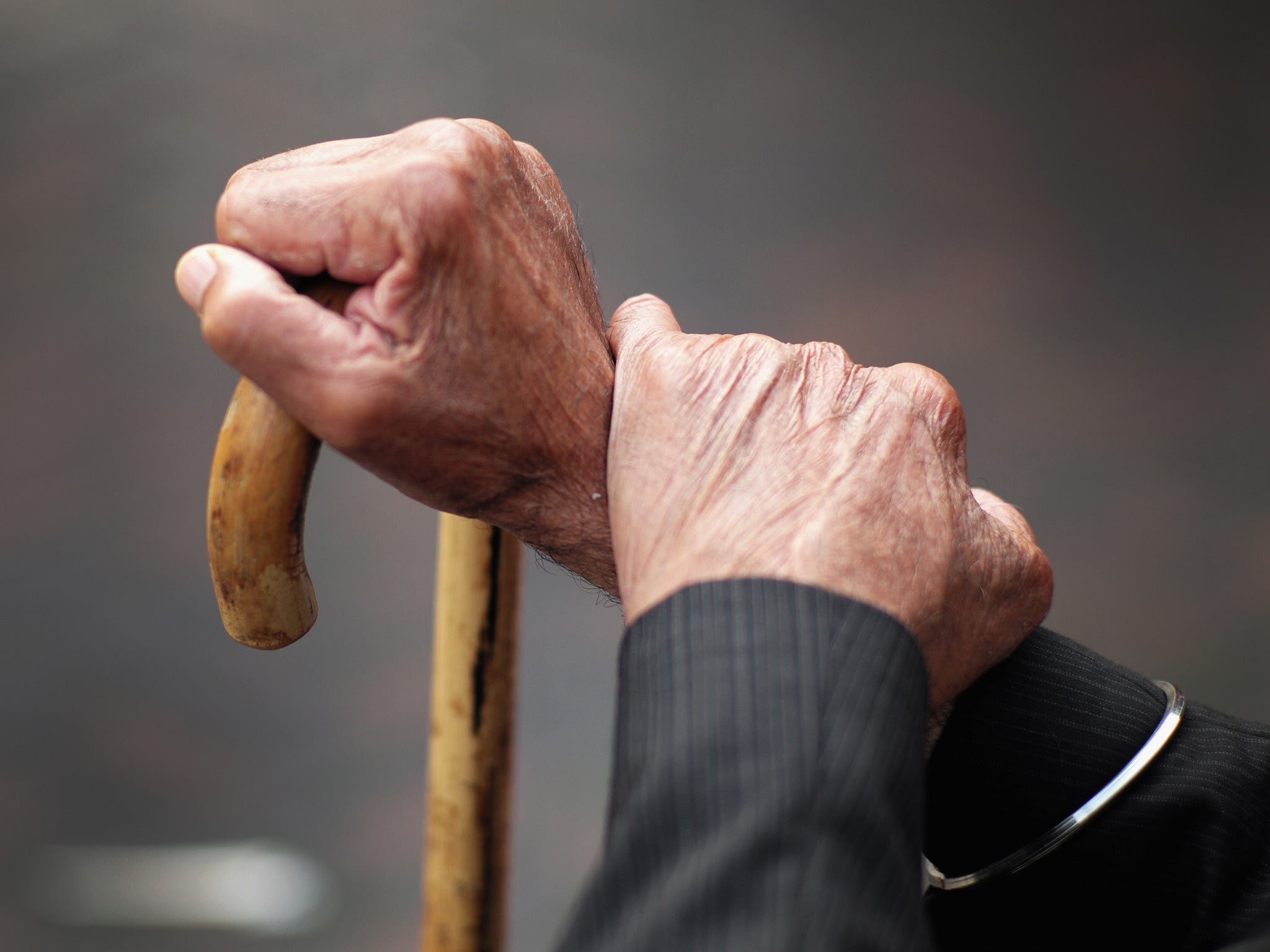It's time that 'family leave' was extended to the elderly
More and more of us are living with disabilities and long term health conditions towards the end of our lives and care should be a given, not a luxury

We’ve all heard – and many of us have made – those phone calls explaining that Mum or Dad can’t come to work today because a child is ill and off from school or nursery, so they need to stay at home to look after them. This is a routine part of working life today and it reflects that fact that good employers at least recognise that sometimes ‘family responsibilities’ have to come first.
By ‘family responsibilities’ though we usually mean ‘responsibilities for children’. Culturally, we haven’t yet reached a position in which it is as accepted that there may be a need to take time off work to care for an ageing partner, mother or father, perhaps because they are getting over a fall, have the flu, or due to their care home placement having collapsed – as happened recently to someone I know.
A number of trends mean it is time to factor in these other calls on working people too. Above all, we have an ageing population and this is something we should warmly celebrate. But healthy life expectancy isn’t rising as fast as life expectancy per se. This means more of us are living with disabilities and long term health conditions, especially towards the end of our lives.
So in much later life we are more likely to become unwell and to take longer to get better again. We may begin to require help with the essential tasks of everyday living, like shopping and cleaning, and come to need personal care – assistance with eating, washing and going to the loo. Of course, everyone is different and many much older people enjoy good health and sustain independent living - but still, you can see that an ageing population is bound to bring a need for more support of various kinds. Not surprisingly it is the over-85s who are the biggest users of social care services. This age group is also the fastest growing in our population and it is projected to double in size in the next twenty years.
So the upshot is that we are facing a new care challenge in this country – indeed right across the world - one we have never had to confront before. How will we meet it? Most accept the correct answer is a partnership between the individual, the family and the State, with each doing their bit.
Against this context, making it easier to take time off from work to care for an ailing older loved one in a crisis has to be part of the mix. It would certainly make life less stressful for increasing numbers of employees in their fifties and sixties, who feel a responsibility towards an older relative who needs their support. Those who are themselves parents may have thought their days of ‘juggling’ family and work were over when their children grew up; however, they are often now discovering a different need to ‘juggle’ – and at a time when there is just as much pressure on them to work and contribute to the family income as was the case years ago, when their children were young.
So yes, let’s create a right to family leave, it is the right and the sensible thing to do - but we do need to be a little careful when we do it, and this is why. As Government austerity bites ever harder on social care services, causing them progressively to shrivel away, it is tempting for policymakers to propose ‘family responsibility’ as THE solution to the care challenge. This is neither realistic – many older people have no family members who can care for them – nor is it fair, to women especially. For in practice, ‘family responsibility’ invariably impacts more on the women in a family than on the men.
This is another reason why the debate about who should care for our older people is about to gather pace I think, and why it needs to.
Caroline Abraham is Age UK's Charity Director


Join our commenting forum
Join thought-provoking conversations, follow other Independent readers and see their replies